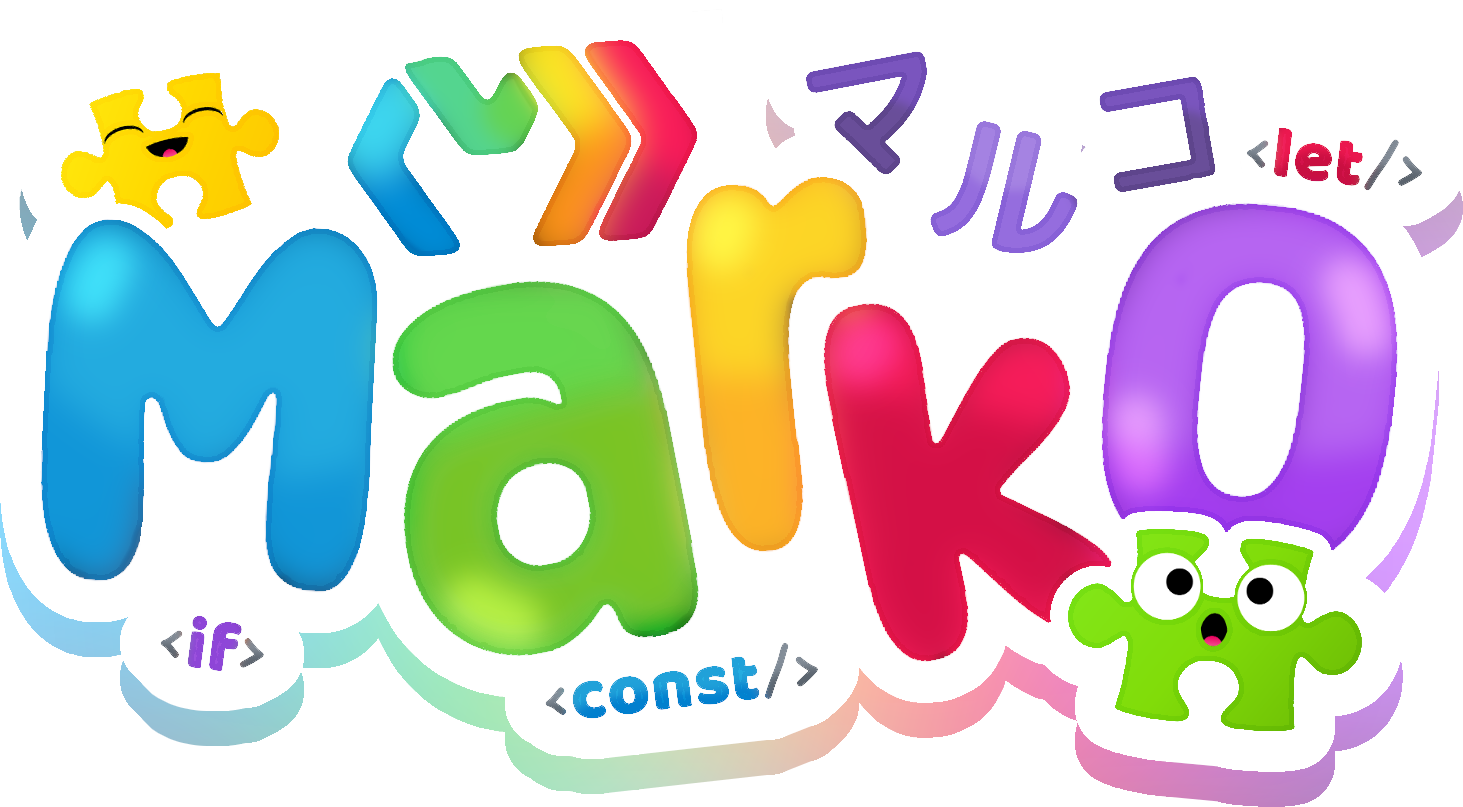
Events in Marko
Events are essential for building interactive user interfaces. They allow your Marko components to react to user actions, like clicks, form submissions, mouse movements, and more. Marko provides a simple and intuitive way to handle events, making it easy to create dynamic and responsive web applications.
DOM Events
Marko components can directly listen to native DOM events on HTML elements. To attach an event listener, you pass functions directly as the values of special event handler attributes that start with on.
<button onClick() { alert("Button Clicked!"); }> Click Me! </button>
button onClick() { alert("Button Clicked!"); } -- Click Me!
The event Object
When an event handler function is called, it automatically receives the native DOM event object as an argument. The event object contains information about the event, such as the type of event, the target element, and more.
You can access properties of the event object within your handler function. For example, to get the value of an input field, you could use event.target.value.
Child Components
Passing Event Handlers as Props
Parent components can pass functions as props (attributes) to child components.
// parent.marko <child-component onSubmit=handleSubmit/>
// parent.marko child-component onSubmit=handleSubmit
Calling the Event Handler from the Child
The child component can then call the passed function to trigger an event in the parent component.
// child-component.marko <button onClick=input.onSubmit> Submit </button>
// child-component.marko button onClick=input.onSubmit -- Submit
Passing Data with the Event
Child components can pass data to the parent component's event handler by providing arguments when calling the function.
// child-component.marko <button onClick() { const formData = { /* ... get form data */ }; input.onSubmit(formData); // Pass data to the event handler }> Submit </button>
// child-component.marko button onClick() { const formData = { /* ... get form data */ }; input.onSubmit(formData); // Pass data to the event handler } -- Submit
In the parent component, the handleSubmit function would then receive the formData as an argument.
Contributors
Helpful? You can thank these awesome people! You can also edit this doc if you see any issues or want to improve it.